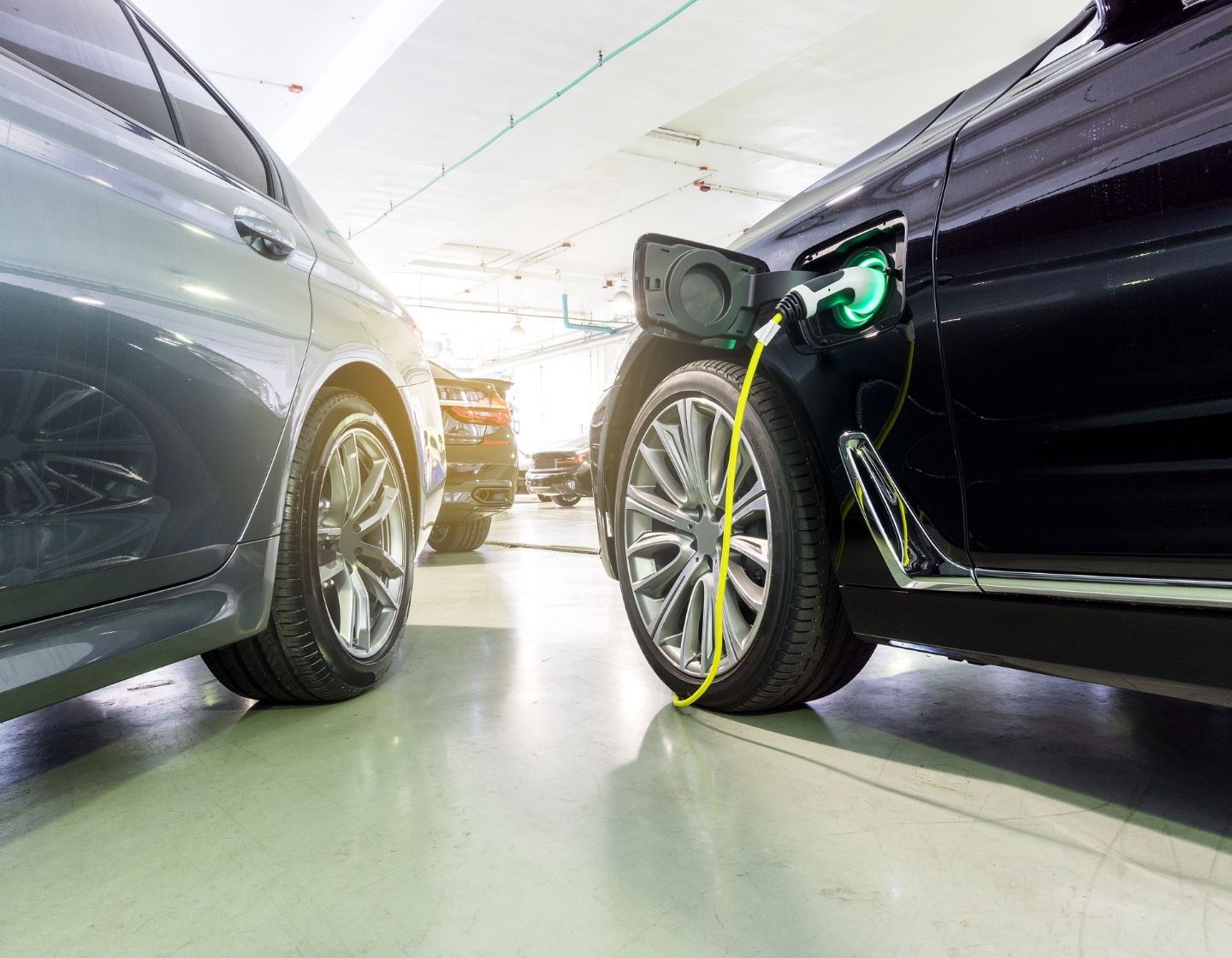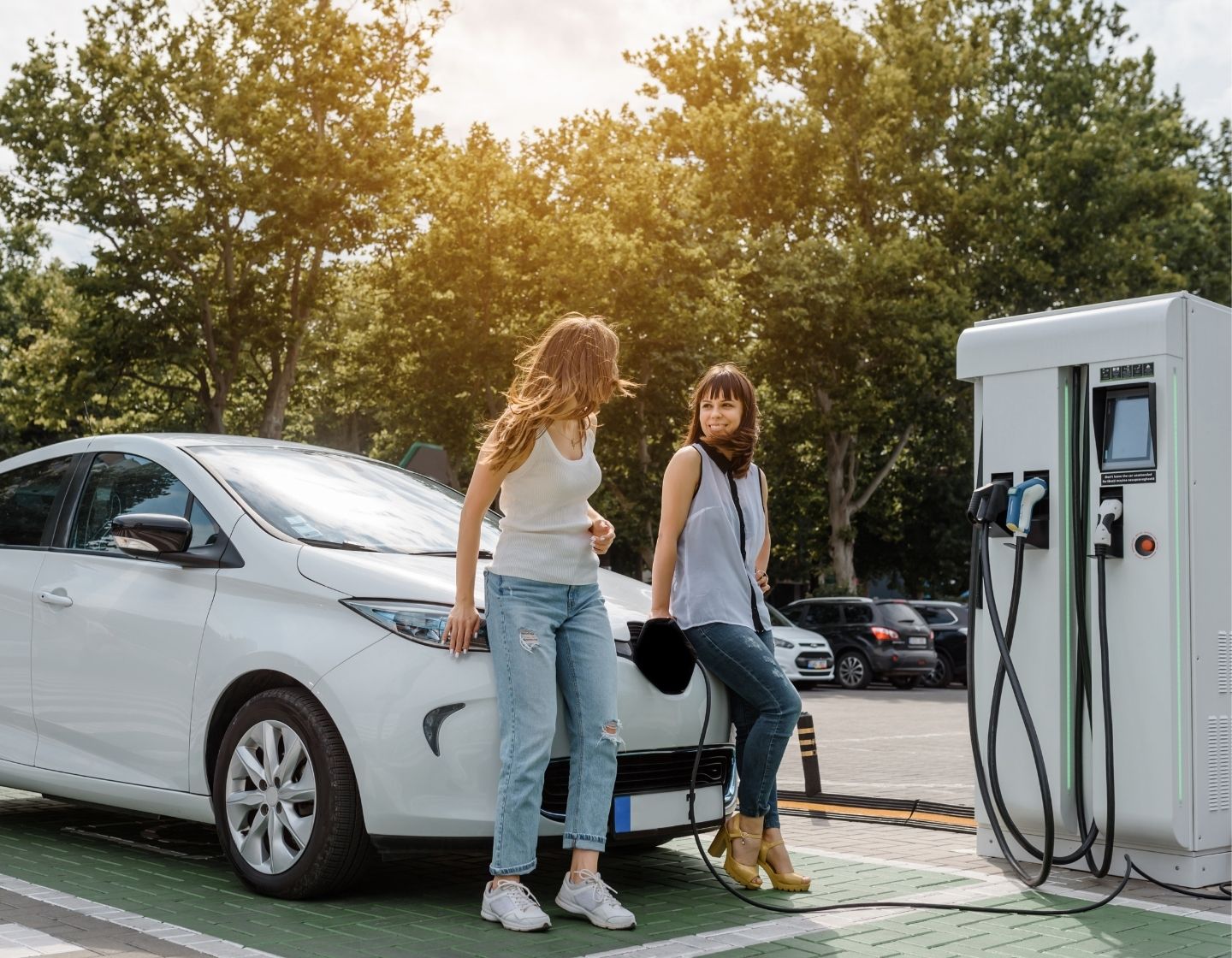How much does it cost to charge an electric car at a UK chargepoint?
The move to electric vehicles continues to accelerate with another bumper month for EV car sales but one big question is, “How much does it cost to charge an electric car at a UK chargepoint?
Electric vehicle (EV) sales in the past month are up 154.2% to 10,417 units and a 17.7% market share. Plug-in hybrids rose 47.8% to 4,677 units with a 7.9% share of the market. While most car journeys are local, there are many new EV drivers searching for the cheapest way to charge when travelling longer distances.
The good news is that as of this month (March 2022) there are a total of 29,509 charging units at 18,589 locations distributed across the UK with a total of EV connectors on them totalling 49,671. These are a mix of slow (3-5kW), fast (7-22kW), rapid (25-99kW) and ultra-rapid (100kW+) power rating.
But what is the best EV charging network and what’s the price to charge an electric car in the UK?
Free charging
First, it’s good to know that public chargepoints at supermarkets or car parks are often free while you complete your shop and it’s worth remembering that your EV will usually just need a quick top-up, rather than a full charge, which keeps costs down.
You can use a free-to-download mobile app on most networks to pay the charges while some older public chargepoints need an RFID card- usually available to order online. You can also find “Plug and Play” charging point where you simply plug in, as well as contactless credit or debit card payment.
It’s pretty essential to check which method is being used before you head to the charging location.
You’ll find rapid chargers in motorway service areas and other locations, and some might offer free charging, but more likely they will be quite an expensive way to charge your EV. For example, Pod Point’s rapid chargers installed at Lidl outlets cost 26p/kWh, which works out at around £6-7 for a 30-minute charge, giving you roughly 100 miles’ range.

EV charging networks
According to RAC data, there is an Ecotricity charging point nearly all motorway service areas, with a 30p charge for each unit of electricity. There’s no membership fee and Ecotricity home energy customers pay 15p per kWh.
BP Pulse has more than 8,000 charging points making it one of the UK’s largest public charging networks. The subscription costs £7.85 a month and you pay for every kWh of electricity you drawn down to your EV battery. New members get the first 3 months’ subscription free.
| BP Pulse tariff (per kWh) | Ac Charger | 43 AC / 50kW DC Charger | 150kW Dc CHarger |
|---|---|---|---|
| Subscription | 28p | 32p | 38p |
| Free membership | 33p | 38p | 44p |
| Contactless or Guest | 35p | 40p | 50p |
| BP Pulse tariff (per kWh) | Ac Charger | 43 AC / 50kW DC Charger | 150kW Dc CHarger |
|---|---|---|---|
| Subscription | 28p | 32p | 38p |
| Free membership | 33p | 38p | 44p |
| Contactless or Guest | 35p | 40p | 50p |
You don’t have to take out a subscription and can use BP Pulse charging points on a pay-as-you-go basis but bear in mind you will pay more per unit of electricity as well as being charged a minimum transaction fee of £1.20 to £1.50. Pricing is from £0.33/kWh.
You can also use a credit or debit cards as contactless payment on most of BP Pulse50 and all BP Pulse150 chargers with prices starting at £0.35p/kWh. A pre-authorisation charge of £15 or £30 on 50kW or 150kW chargers respectively is also taken.
There is a £10 per hour overstay fee if you charge for more than 90 minutes on the 50kW or 150kW chargers.
Supermarket EV charging
Pod Point is partnering with Tesco and Volkwagen, rolling out a network of charging bays at superstores and the 7kW chargers are free to use while you are in-store.
EV charging hubs are being constructed in the UK – for example, the Gridserve Electric Forecourt in Braintree, Essex. Up to 36 cars can charge at the same time with a charge of 24p per kWh. To make the wait more bearable, there are shops and restaurants at the hubs
If you’re lucky enough to own a Tesla, its Supercharger Network often has free charge points across the UK. Drivers of older Tesla models can use the Superchargers for free, but owners of models registered after 15 January 2017 will be charged. Tesla has a headline price of 28p per kWh, but will vary depending on the location.
Even so, a Tesla Model 3 will be cheaper to refuel than an equivalent petrol car. For example, a £70 charge cost will give you 1,000 miles’ range. By comparison, that same distance in a fossil fuel car, with average 44mpg and £1.50 cost per litre of fuel, would cost you at least £154.

London EV charging
Source London has three membership options – Full, Flexi and Residents – as well as other categories for professional taxi and private-hire drivers. Full and Residents cost £4 a month, while Flexi is available for a one-off £10 sign-up fee.
As of 7 March 2022, on the Resident plan, you’ll pay 32p per kWh to charge at one of the 7.4kW chargers in the borough for which you hold a resident parking permit. This rises to 39p per kWh on the Full plan and 60p per kWh on the Flexi plan. In the Central Surcharge Zone (covering Camden, Westminster and the Royal Borough of Kensington and Chelsea), those rates go up to 39p per kWh on Resident, 51p per kWh on Full and 71p per kWh on Flexi.
Rates for the faster 22kW chargers are the same as for the 7.4kWh units: 32p, 39p and 60p per kWh respectively for Resident, Full and Flexi members outside the central zone, and 39p, 51p and 71p per kWh at charging points within Camden, Westminster and the Royal Borough of Kensington and Chelsea boroughs. Fees of 4-6p per minute are charged if you stay beyond the end of the charging session.
You can also use Source London chargers on a pay-as-you-go basis but this is the most expensive option: 7.4kW chargers cost 69p per kWh, rising o 80p per kWh in the central zone.
Drivingelectric.com found that Shell’s Recharge was the most expensive rapid charging option (43kWh and 50kWh) at 39p per kWh, with Pod Point’s is the cheapest 23p per kWh.
The fastest charging points will give you an 80% charge in 60 minutes, but the remaining 20% charge is throttled back to avoid any potential battery damage, and this may not be needed anyway. Time taken to charge an EV clearly depends on charging speed and battery size, but this would not affect the cost.
